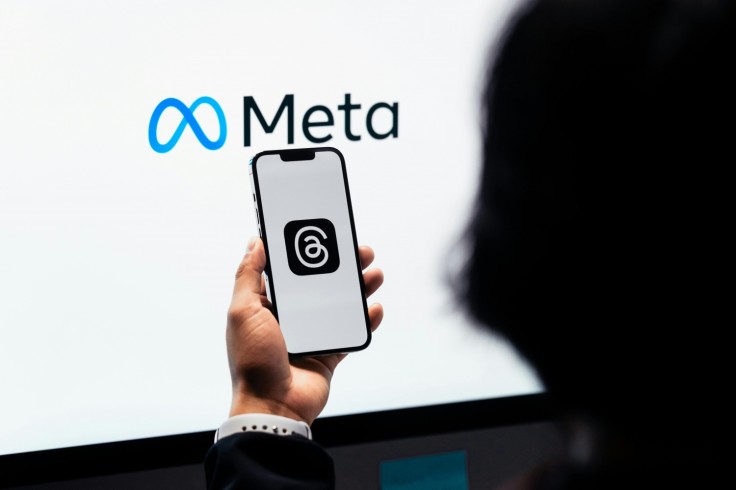
Meta's utilization of user-generated content from platforms like Facebook and Instagram to train its artificial intelligence (AI) models has raised concerns among users regarding data privacy and consent. While European users have been granted the right to opt out under GDPR regulations, users outside of Europe, particularly in the United States, currently lack this option. This article explores strategies for users to limit Meta's use of their photos for AI training, focusing on practical steps individuals can take to protect their privacy.
Understanding Meta's Use of Photos for AI
Meta's AI initiatives, spanning across Facebook, Instagram, and other products within its ecosystem, rely heavily on data gleaned from user-generated content. This includes photos, posts, and captions shared publicly on these platforms. While Meta acknowledges this practice in its privacy policy, providing transparency about its data usage, users may still seek ways to mitigate the use of their photos for AI training.
How Can I Stop Meta Using My Photos for Its AI?
Review Privacy Settings: You can start by evaluating the privacy setting policies of the Facebook and Instagram page / account. Although changing privacy settings will not completely deprive Meta from using photos for training AIs, this action will limit the number of people who have access to shared content and therefore the exposure of such content to AI's.
Be Mindful of Public Sharing: Exercise caution when sharing photos and posts publicly on Facebook and Instagram. Consider the potential implications of making content accessible to a wider audience, including its use in AI training. Opt for more restricted sharing options, such as sharing only with close friends or followers, to minimize the dissemination of your photos for AI purposes
Remove Tags and Untag Yourself: You must establish proactive measures to 'untag' yourself from photos or posts you least desire to be connected to. Avoid engaging with content related to topics that can link the AI model to your account to minimize its incorporation into Meta's AI training sets. Also, an option is to come up with appealing to friends and followers to cease tagging you in some posts if you are concerned with the utilization of your photos in the AI training process.
Delete Unwanted Content: The complex can also involve unlinking or unt-tagging yourself from existing photos or posts on Facebook and Instagram that contain contents which you do not want Meta to use in their AI training sets. If this is the case, then following these steps won't completely wipe out all your data on Meta servers, but it will significantly reduce the extent of content able to be harvested for training the Metaverse AI in any case.
Explore Alternative Platforms: If you are not confident with the kind of data Meta collects, then it is advisable to use other social media platforms which are more convenient, private and transparent. Regularly inspect the available privacy settings and the disclosed data workout and AI training practices of the selected platforms.
Implications and Future Considerations
There may be a growing need for more openness and control over data usage methods as people become more conscious of the ways that internet companies like Meta use their data. Campaigns to force businesses to answer for how they handle data and to push for more robust privacy laws could pick up steam.
Furthermore, as regulatory environments change, legislators may have the chance to pass laws that strengthen user privacy rights and place more stringent requirements on businesses with regard to permission and data disclosure. Users can advocate for policies that prioritize user privacy and consent, exert greater control over their data, and keep informed by actively engaging with privacy settings and policies.
Related Article : ChatGPT Experiences Major Outage, Resolved After Hours Of Disruption
© Copyright 2025 Mobile & Apps, All rights reserved. Do not reproduce without permission.


















